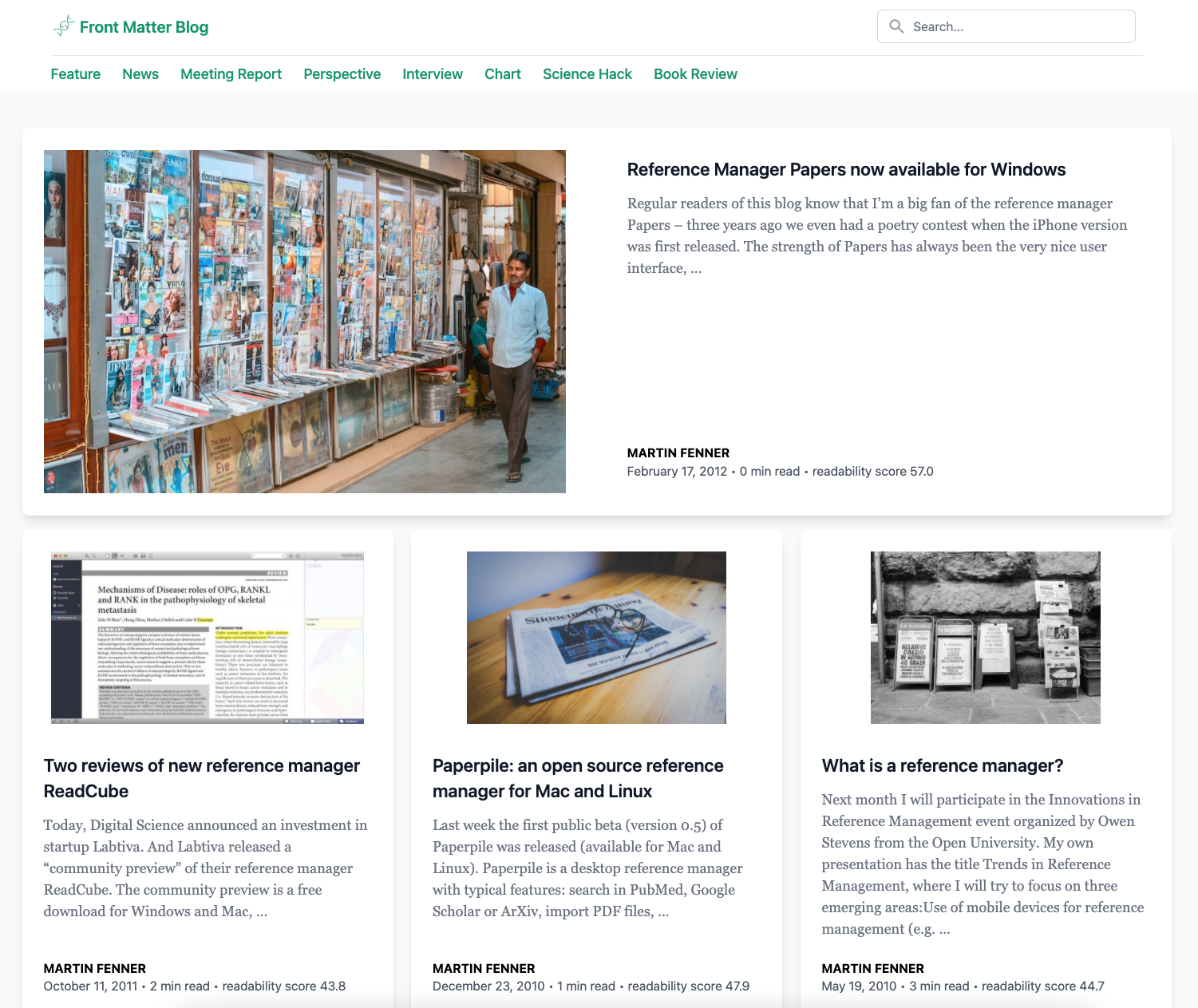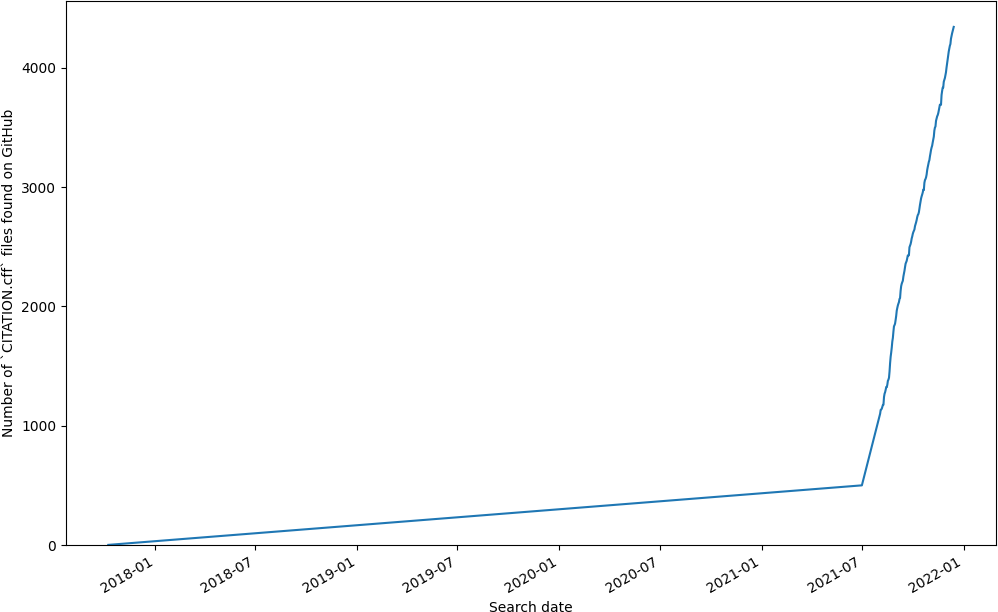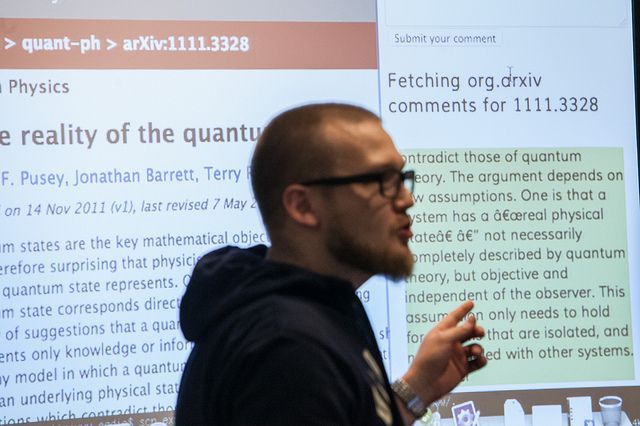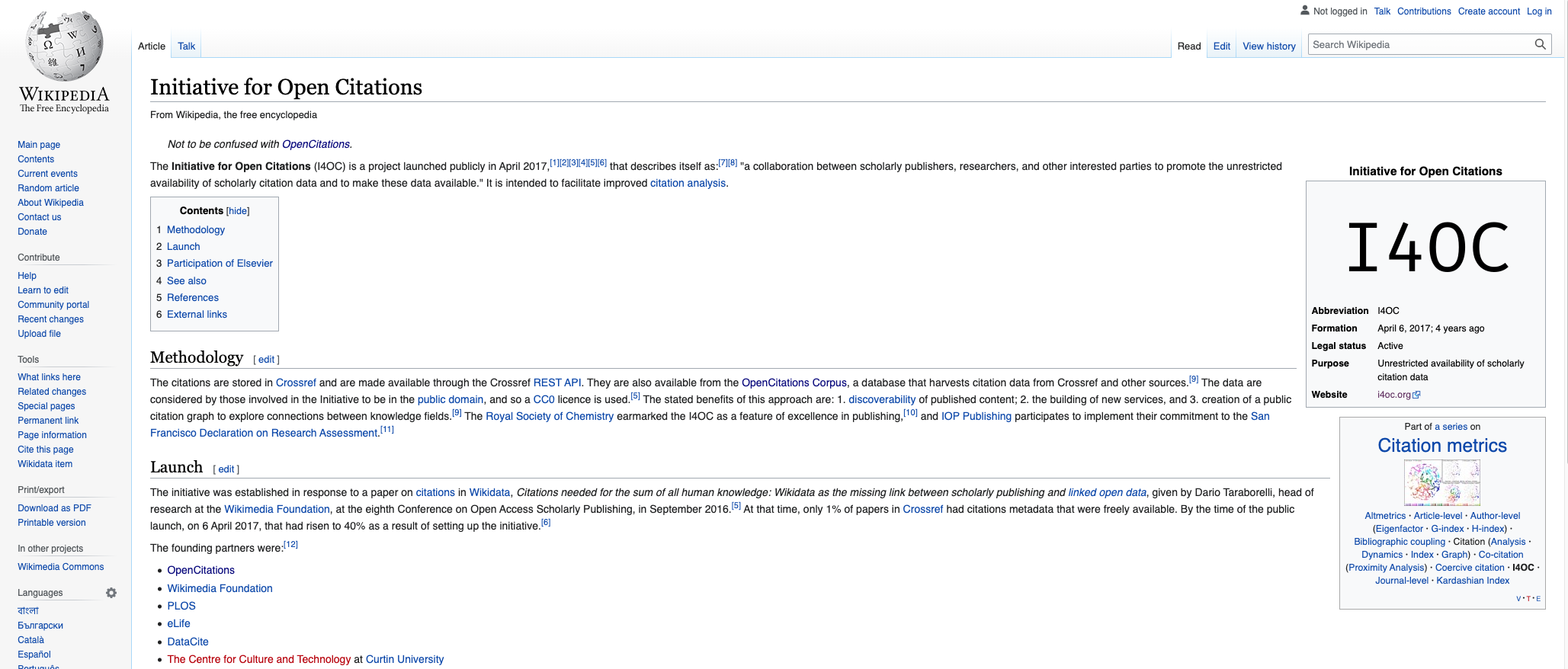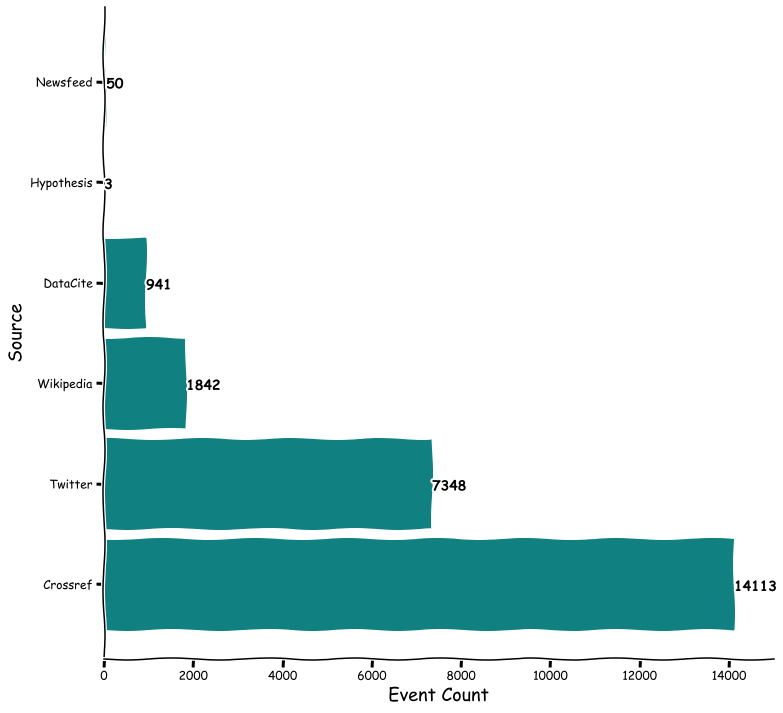
The first post on this blog was published on August 3, 2007 (Open access may become mandatory for NIH-funded research). This is post number 465, and in the past 15 years the blog has seen changes in technology and hosting location – but I wrote all posts (with the exception of a few guest posts). The overall theme remained unchanged: technology used in scholarly communication.


